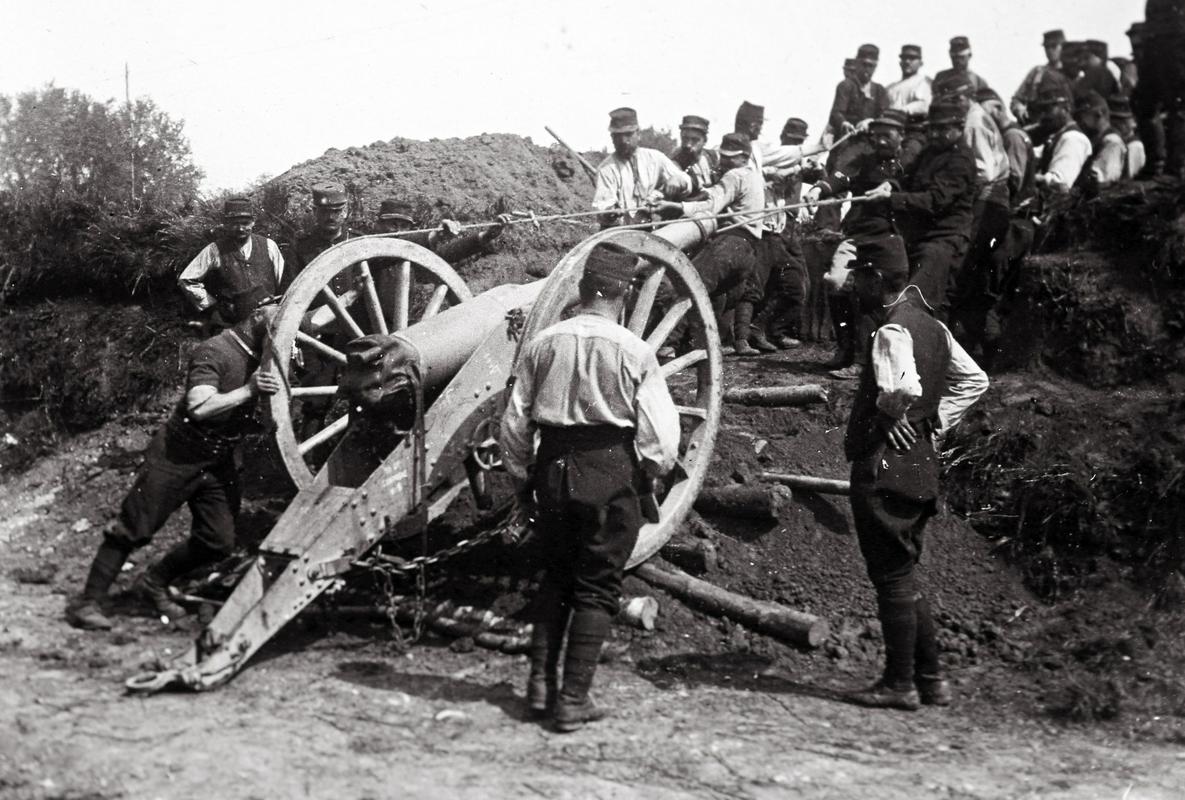The vast majority of soldiers were convinced that the war would be short, historian Petra Svoljšak, head of the Milko Kos Historical Institute, explains: "At first, everyone was sure that this would be a local war, but it quickly expanded into a European war, and then worldwide. It soon became clear that this would not be a short war. For the Austro-Hungarian army, this was already the case in the Serbian battlefield, having suffered massive defeats in big battles there. When the soldiers dug in in the western battlefield, it became clear that the final decision would require a long time; many victims had to be justified. Every peace initiative encountered disagreement, including from those that were already losing the war. "
The war did not only affect the soldiers who fought on the fronts, but everyone. Women were forced to take full care of the houses, and on the other hand, children were often left to themselves. "The military occupied all school buildings; the lessons were few because teachers went to the army. The children were actually left on their own. School authorities dealt with the issue of morale that was falling," explained Svoljšak.
Asked whether she could draw parallels between today's times and events over a hundred years ago, the historian is not too optimistic: "People's fear of foreigners must have been as present 105 years ago as it is today. This fear is unfounded. In those times, poets, intellectuals and, last but not least, Ivan Cankar talked about cleansing and rejuvenation. He thought that enough people would survive to lead a cleansed nation into freedom. It is necessary to take into account if this was a matter of propaganda or if people actually believed it. Human nature has not changed in the 105 years, nor has the terminology. It has not changed its attitude towards fragile groups (refugees). We are still talking about refugee waves, about something that goes over the banks. This foreigner, this refugee is always the guilty one. In modern times, the society is scared of theft and rapes, during the First World War, Slovenian refugees were foreigners in their own country. They were the ones being blamed for hunger, lack, sometimes also thefts ... If technology has achieved immense progress in 105 years ... that is sadly not true of the human essence. "


































































